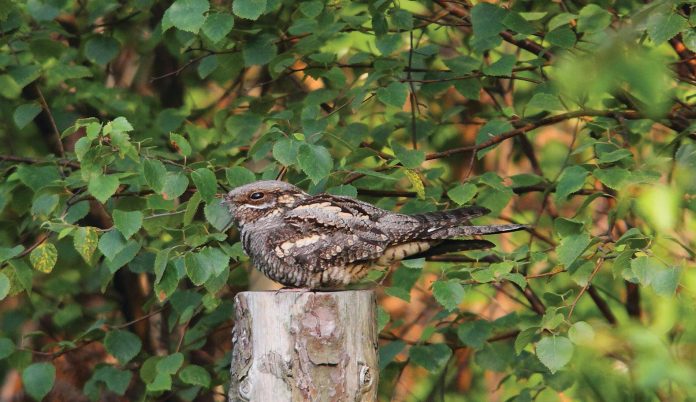The new 2019 State of Nature Report has been published revealing that the amount and distribution of the UK’s species has, on average, declined since 1970. Wildlife is thought to be suffering declines as a result of many factors, with the biggest impacts on nature coming from climate change, urbanisation and lack of habitat management.
The report revealed that 41% of UK species studied have declined, 26% have increased and 33% have shown little change since 1970. Butterflies have decreased by 17% and moths have decreased by 25%.
The State of Nature in Dorset:
Dorset Wildlife Trust (DWT) manages 44 nature reserves for the benefit of wildlife across the county and has seen successes for wildlife as a result of this careful management. The State of Nature Report states that the marsh fritillary butterfly is one of the fastest declining butterflies in the UK, but in Dorset, marsh fritillaries have expanded their core range at DWT’s Bracketts Coppice nature reserve. They have been steadily increasing in number since 2011, when consistent monitoring on the site began.
Nationally, lowland heathland has been impacted by urbanisation through direct loss of habitat, as well as fragmentation and increased (anthropomorphic) pressures on those that remain. On two of our largest lowland heath reserves in Dorset however, the nightjar, which is dependent on habitats such as heathland, has increased territories on Upton Heath and Tadnoll & Winfrith Heath nature reserves between 2009 and 2019.
In our seas, the State of Nature Report notes Lyme Bay (part of which is a Marine Protected Area) as being an area of “high species richness that includes rare and threatened species”. These species include the pink sea fan, ross coral and the commercially fished scallop.
The recent Get Dorset Buzzing campaign is another way DWT is attempting to reverse the decline of insects in Dorset, with over 4,000 people pledging to do at least one thing in their gardens to help create food, habitat and shelter for pollinators. Conservation volunteering has increased by 46% since 2000 across the UK, and DWT has over 700 volunteers helping us complete vital conservation work across the county.
DWT’s Chief Executive, Dr Simon Cripps said, “Whilst the picture for wildlife in the UK continues to look bad with some serious declines, the report does show that it is possible to turn the declines around. Thanks to the support of our members and donors we have been able to protect wildlife on land and sea where we have control or influence. This State of Nature Report shows that the new Environment, Fisheries and Agriculture Acts need to encourage more action to make the UK into a country where wildlife and livelihoods thrive, across whole landscapes and in our seas.”
Read the full State of Nature Report here: www.nbn.org.uk/stateofnature2019.







